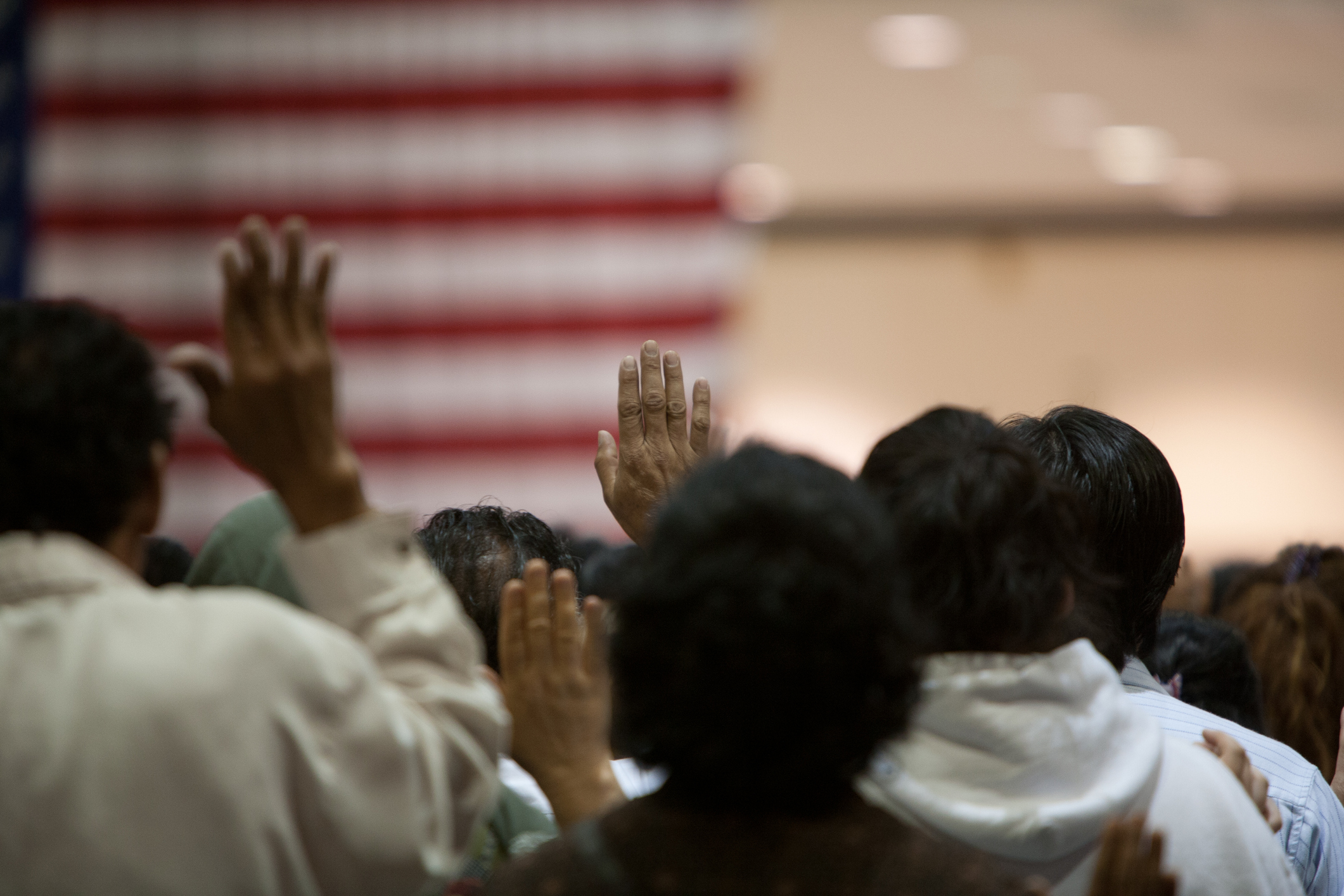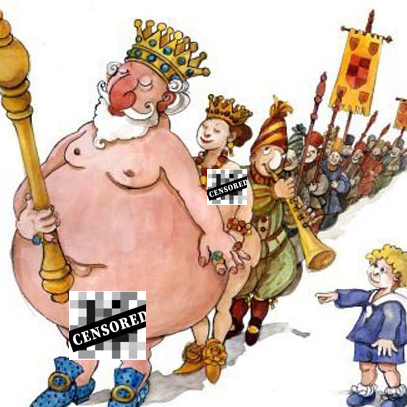In its effects, it is synonymous with liberalism.
The American Core

Citizenship without the State
I am gratified and humbled by the intelligence and care that Richard Reinsch and Cole Simmons brought to analyzing my essay, and I appreciate their thoughtful criticisms.
Each of them elaborates or develops several reasonable arguments that my essay only touches on briefly. In these areas we are, as the saying goes, “in heated agreement.” But both writers also bring up some points of disagreement. Let me offer a few words in reply, and then remark briefly on where this important conversation might go from here.
Simmons ably demonstrates the virtues, but also to some degree the vices, of the energetic and (mostly) younger people on the dissident right. While some elements of this “faction” lapse into apolitical cynicism, Simmons embodies a nobler and more constructive attitude, which sees the radicalism of the American founders as an inspiration for spiritedness in our time. There is, as he notes, a certain liberation that comes from recognizing the Big Lie of our corrupt establishment—which is now increasingly evident to normal Americans. This means that “freedom of movement is on our side.” Where Simmons and his compatriots may fall short, I think, is in believing that this freedom will somehow direct itself, or us, to the right end, without any real work of political analysis or organization.
Reinsch approaches this topic from a very different perspective, which has much to offer but suffers from different blind spots. He suggests that I misrepresent Aristotle by emphasizing theoretical propositions over the concrete moral, political, and religious relationships in which real human beings always live, and through which they find meaning and purpose. I actually agree with this emphasis on the particularity of any real citizenship. As I argue in my book, Harry Jaffa modified his early and overly abstract understanding of equality and natural rights (partly in response to trenchant observations by Willmoore Kendall) by developing a more concrete understanding of the social compact created by and for the American people. But Jaffa always insisted that human equality is a universal principle, and that the paleoconservatives’ sweeping rejection of natural right and theoretical truth leaves us with nothing but contending traditions and subjective values.
Reinsch’s version of this argument is, I note, quite sensible and moderate. Still, it reminds us why the orthodox paleoconservative or traditionalist perspective is not merely an error of historical interpretation, but politically deficient—and all the more so in our present crisis. While Reinsch shares my alarm about the despotic tendencies of the Left, I am not clear how he thinks we should mount a political counterargument to defend our liberties. Would he suggest that patriotic Americans in 2021 rally under the banner of reclaiming our common law rights as Englishmen?
The arguments the founders made in 1776 about our inalienable natural rights are the only plausible, or even possible, basis for reinvigorating American citizenship today. Nature, as Leo Strauss was fond of saying, is older than any tradition. And this points to the other deficiency in paleo and mainstream conservatism. What traditions or institutions do we still hope to conserve? Nearly every major facet of the United States today is squarely under the thumb of progressive ideology, which has been the dominant tradition of our ruling class for a century or more. Conserving our present norms and traditions is exactly what the Left wants.
Therefore, I am much less optimistic that our situation can be turned around by, as Reinsch suggests, “engaging our opponents” with reasonable discussion and compromise. He counsels “patience and time.” But time and patience are our enemies right now, because these are precisely the tools that the leftist elites have been using to boil us like the proverbial frog.
Reasonable people can disagree on these prudential judgements, of course. But it seems to me rather urgent that we at least come to some tactical agreement about the nature of the current crisis, and at least the broad outlines of how to respond. The different perspectives represented in this roundtable discussion seem to capture the most important elements. If they could be merged into at least a short-term alliance we might yet recover or rebuild a republican form of government. Thus, I hope that Simmons and Reinsch have each read other’s essays, for while I disagree with parts of both, I do think each has important points to make.
Simmons is clear-eyed about the hollowness of the incompetent but dangerous clown regime under which we now live. This gives him a better appreciation of just how much political detritus must be swept away if we are to recover both freedom and morality. At the same time, Reinsch, though too sanguine in some ways, offers an element of sobriety that should not be overlooked. In particular, he recognizes that even revolutionary politics must work with some particular “matter”—a people with specific customs and habits.
This is why, as I argue elsewhere, the Claremont Institute offers the best hope for organizing red voters around a specifically American conception of citizenship. By this I mean a version of “America” that may have to carry on even if the United States as regime ultimately fails. While I appreciate Simmons’ spirited longing for better “poetic depictions of virtue,” we must remember that politics requires practical wisdom, not art, and that prudence cannot simply be conjured forth by poets.
As the recent Chauvin verdict in Minneapolis reminds us, the overt threat of riots now taints every major trial with a racial dimension. The rule of law cannot operate under these conditions. I would suggest that one of my respondents has not yet reconciled himself to just how far the American regime has descended from authentic constitutionalism and even basic principles of due process. My other interlocutor, however, must see that freedom without law and stable institutions is mere anarchy. Each of us must cultivate our own individual excellence, of course, but as Aristotle taught, moral virtue is a reflection of man’s social nature.
Perhaps we can all agree that what we ultimately need—as the mission of the Claremont Institute reminds us—is a renewal of both political philosophy and statesmanship.
The American Mind presents a range of perspectives. Views are writers’ own and do not necessarily represent those of The Claremont Institute.
The American Mind is a publication of the Claremont Institute, a non-profit 501(c)(3) organization, dedicated to restoring the principles of the American Founding to their rightful, preeminent authority in our national life. Interested in supporting our work? Gifts to the Claremont Institute are tax-deductible.
Today’s globalist dogma is incompatible with our country’s survival.
Conservative jurisprudence grapples with a new view of Originalism.



